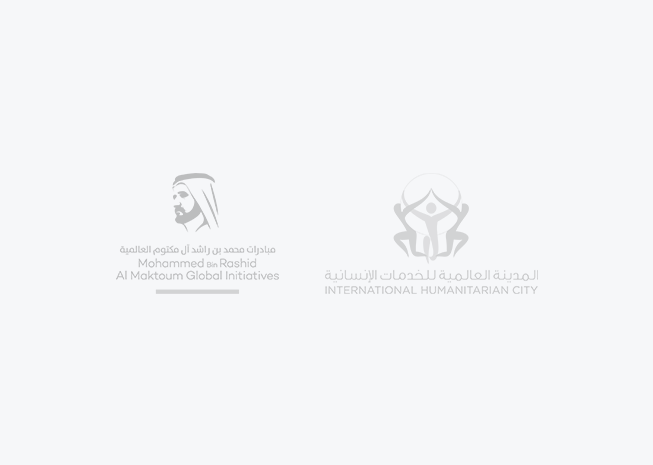
UN Messenger of Peace and Chairperson of the International Humanitarian City, IHC, H.R.H. Princess Haya bint Al Hussein, wife of His Highness Sheikh Mohammed bin Rashid Al Maktoum, Vice-President and Prime Minister of the U.A.E., and Ruler of Dubai, has made a generous contribution of USD500,000 to support the UN High Commissioner for Refugees’ efforts in emergency nutrition and food security for South Sudanese refugees in Ethiopia’s Gambella region.
The UNHCR has said that ongoing conflict and harsh weather conditions could mean that half of South Sudan’s 12 million people could be in danger of starvation by the end of this year.
“Arriving exhausted, undernourished and in severely poor health, over the last six months, some 400,000 South Sudanese refugees have been forced to flee to neighbouring Sudan, Kenya, Uganda and Ethiopia, in addition to the more than one million internally displaced inside the country,” according to the UN agency.
H.R.H. Princess Haya said, “South Sudan is faced with one of the worst famines in decades. What is most distressing is that while conflict is the main reason for this flight of refugees, many are arriving hungry and already severely malnourished.” As part of the donation, a total of 120,000 people will benefit from the provision of essential nutrition products and from the establishment of an enhanced system for processing food rations.
Ethiopia is already home to around 430,000 refugees. Around 131,000 new refugees have arrived there from South Sudan since mid-December, 95% of which are women and children.
“The situation in the Gambella region of Ethiopia is extremely concerning. The worsening security climate, coupled with a severe shortage of food, has already resulted in thousands of lives lost with almost 5 million people affected.” said Imran Riza, UNHCR Regional Representative to the GCC Countries.
“This timely donation will significantly reduce malnutrition rates among South Sudanese refugees arriving in Ethiopia which will ultimately help prevent loss of life,” Riza added.
South Sudanese refugees are arriving from areas of South Sudan that are experiencing severe food shortages and they are arriving with very few possessions – physically and mentally exhausted.
“What is most concerning is that while conflict may be the main reason for their flight, people are fleeing because they are severely malnourished and hungry,” Princess Haya continued. “The harsh reality is that despite the acute nature of the emergency, it is receiving very little attention from the international community and the aid appeal is still heavily underfunded,” she added.
UNHCR has appealed for USD427 million to address the most basic needs of South Sudanese refugees in Ethiopia, Uganda, Sudan and Kenya as well as those internally displaced inside their own country.
At present, the emergency response is only 21% funded. It is expected that by the end of 2014, some 300,000 South Sudanese refugees would have fled to Ethiopia alone.